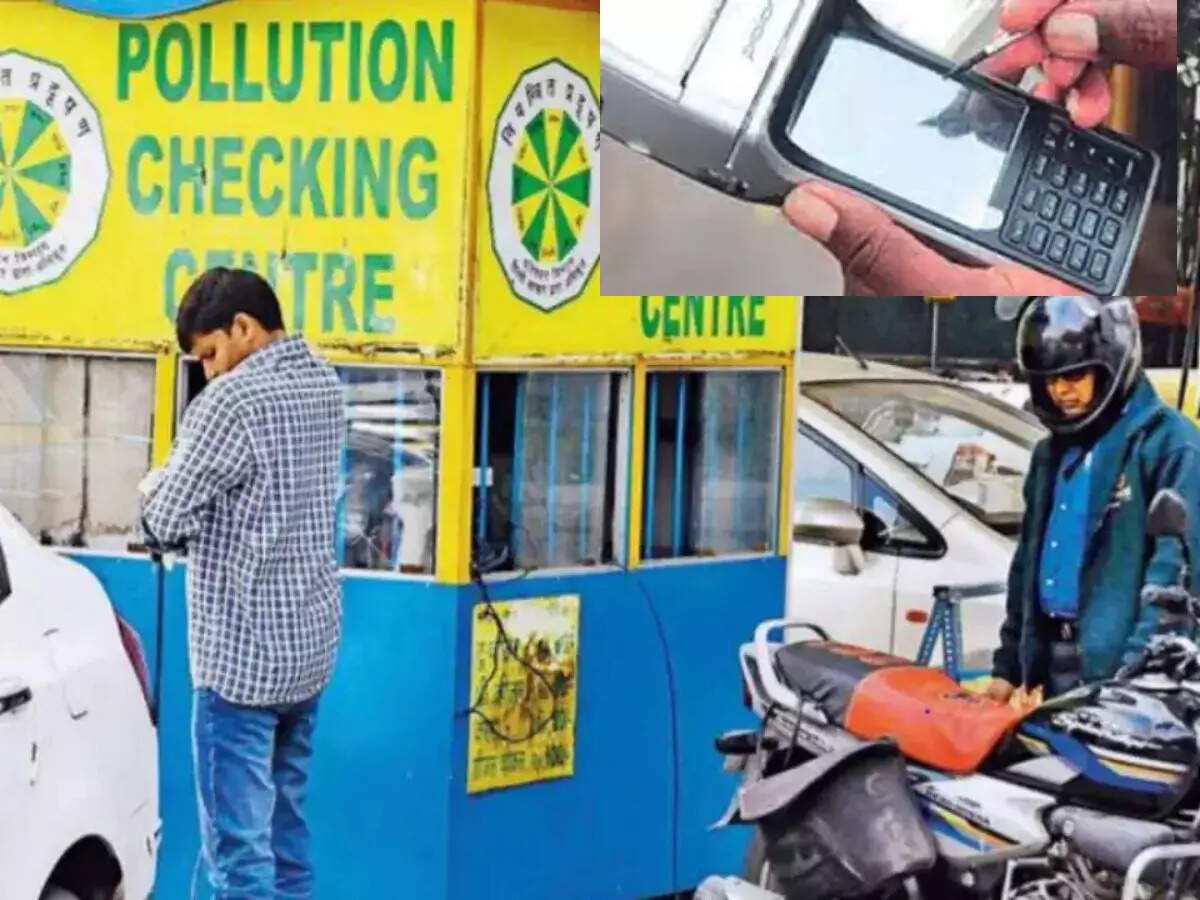
New Delhi: More than 85% of vehicles running in the city without pollution under control (PUC) certificates are two-wheelers, according to transport department data.
Currently, Delhi has over 97 lakh registered vehicles – 27.8 lakh are cars while 69.8 lakh are two-wheelers. Of these, about 22 lakh vehicles do not have a PUC certificate. This is despite stricter enforcement by authorities over the years, with one lakh challans issued in 2020, 1.5 lakh in 2021, two lakh in 2022 and 2.4 lakh till November 15 this year.
A PUC certificate is a document that testifies a vehicle complies with emission standards and its emission pollution is within prescribed limits. A vehicle plying without one can be fined Rs 10,000.
A Delhi government official said despite stricter enforcement, many people do not pay challans and escape punishment.
According to traffic police, as of June 30 this year, 2.6 crore challans were issued for 58 lakh vehicles. Out of these, 2.2 crore challans are pending. About 1.6 lakh vehicles account for more than 67 lakh challans. These challans were for different violations.
“The next stage in enforcement is putting stricter rules to ensure people pay challans. For instance, their registration could be cancelled if they don’t pay multiple fines,” said the official.
On the high percentage of two-wheeler riders not paying up, the official said there was a rising tendency among bikers to not pay challans: “If there are multiple challans, they think the resale value of the bike would also not be much, so they evade it as far as possible.”
The number of people with PUC certificates has gone down over the years, from 60 lakh in 2021 to 51.9 lakh in 2022 to 42.9 lakh in 2023. Officials, however, said this does not reflect the exact status as a lot of vehicles have also been registered during this period.
Last year, Delhi government said vehicle owners would not be provided fuel at petrol pumps without a valid PUC certificate. However, the decision was put on hold after the petrol dealers’ association stated it would not be feasible. The rule never got notified.

